Developing the SDGs (pg 108-109)
1/25
There's no tags or description
Looks like no tags are added yet.
Name | Mastery | Learn | Test | Matching | Spaced |
|---|
No study sessions yet.
26 Terms
In 2015 the MDGs period ended.
The MDGs mainly focused on developing countries, so a more universal set of goals had to be agreed upon.
The UN wanted everyone with interests in the goals to have the opportunity to take part. How was the creation of the SDGs different from the MDGs in this aspect?
The creation of the SDGs involved a much broader and more inclusive ranger of participants than the MDGs.
It included the scientific community, indigenous people, various UN agency departments, civil society, etc to inlcude many points of view
There were even online surveys like the My World 2030 survey where almost 10 million people voted to help define the global goals.
The MDGs where developed by a small group of UN officials and countries in the early 2000s
Civil society
NGOs, groups, individuals that work together to adress social, political, econ issues outside the control of the government
What is the name of the document/declaration signed and what did it meant for a country to sign it?
‘The Future We Want’ was the outcome document of th COP22 Conference
It meant that the country (developed and developing) or representative formally accepted to commit to pursue economic development by working towards a set of connected goals
Sustainable Development Goals (SDGs)
Set of 17 goals that give targets to lift everyone from poverty and provide them with a sustainable way of living.
How are the aims in the SDGs different from the MDGs?
The Millenium Development Goals
had very broad aims
targeted developing countries with developed nations expected to support
The Sustainable Development Goals
made the new aims more specific and detailed (each goal has its own targets, with 169 in total)
applied to all countries
were more focused at environmental sustainability (the MDGs were created before climate change became a central global concern)
SDG 1
No Poverty
Aims to remove poverty and inequality and build resilience within and among nations.
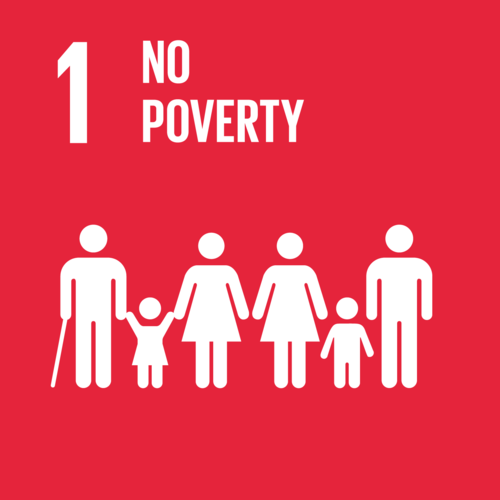
SDG 2
Zero Hunger
Aims to end hunger and malnutrition and ensure all people have access to nutritious food all year round by promoting sustainable agriculture
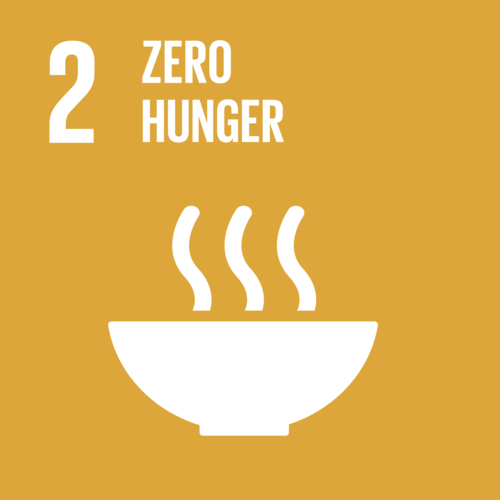
SDG 3
Good Health and Wellbeing
Aims to promote physical and mental wellbeing and to extend life expectancy by addressing major causes of morbidity and mortality globally, providing universal health coverage
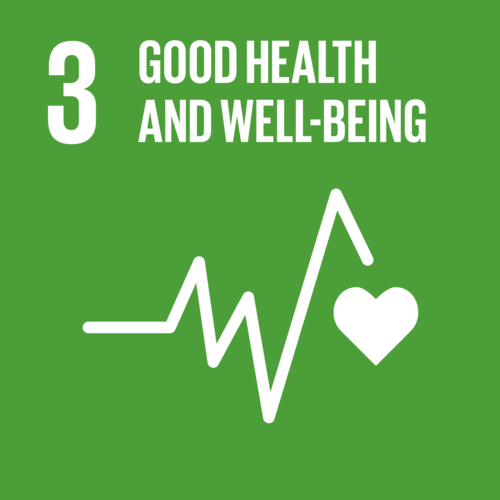
SDG 4
Quality Education
Addresses the need for girls and boys to have equal access to high quality education at all levels. Addresses the need to develop adult vocational skills for employment
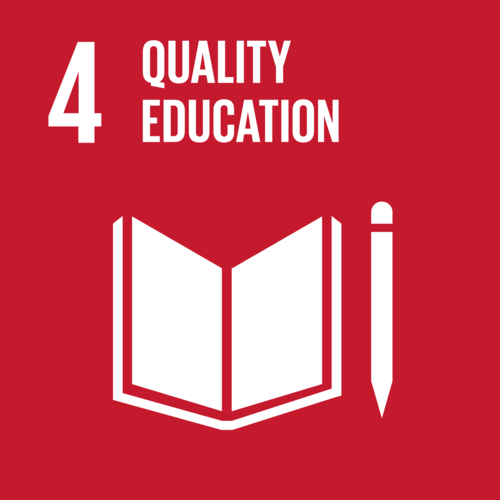
SDG 5
Gender Equality
Seeks to end discrimination and violence against women and girls by addressing the barriers that exist to gender equality. Ensures females have the same access and participation to all aspects of political, economic and public life. Ensures all women have access to universal sexual and reproductive health care
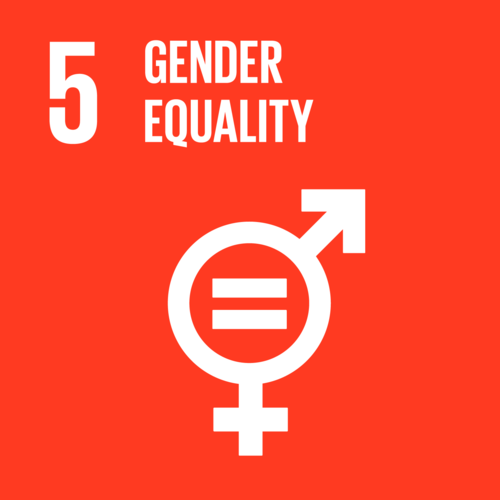
SDG 6
Clean Water and Sanitaion
To ensure all people are able to enjoy clean water and adequate sanitation
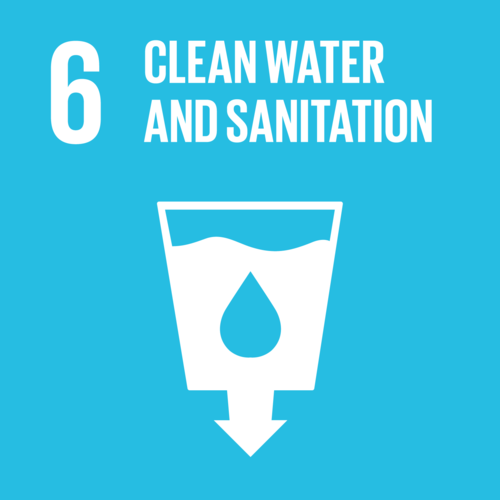
SDG 7
Affordable and Clean Energy
Aims to ensure access to affordable, reliable, sustainable and modern energy for all.
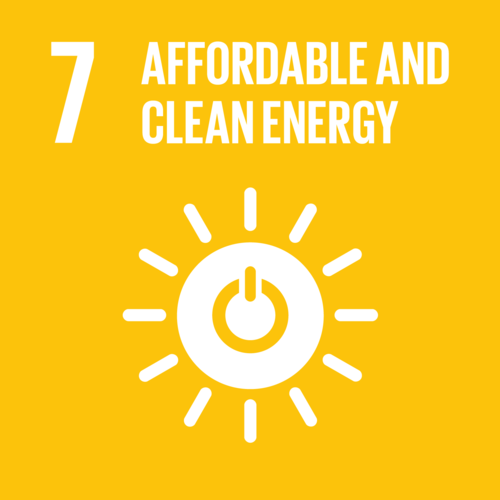
SDG 8
Decent Work and Economic Growth
Aims to achieve full and productive employment and decent work for all women and men
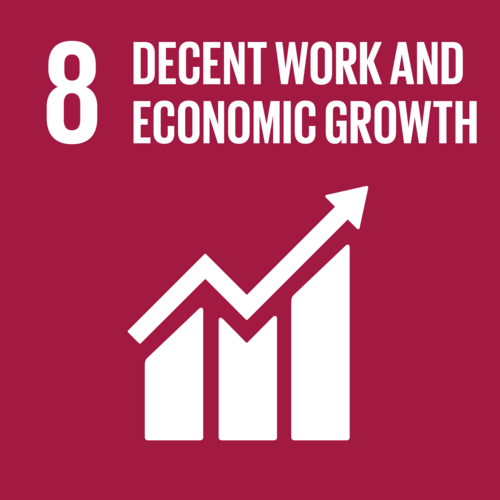
SGD 9
Industry, Innovation and Infrastructure
Aims to build resilient infrastructure, promote inclusive and sustainable industrialization and foster innovation.
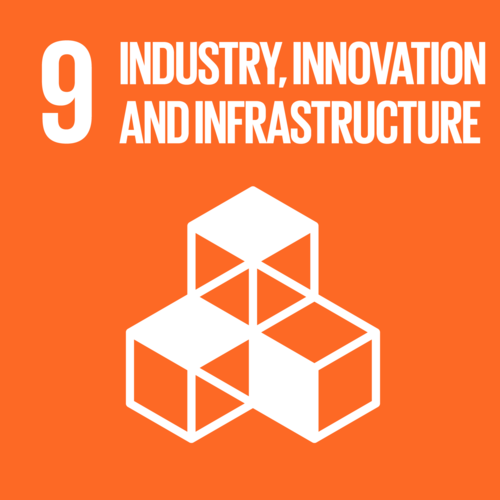
SDG 10
Reduced Inequalities
Reduces inequality within and among countries.
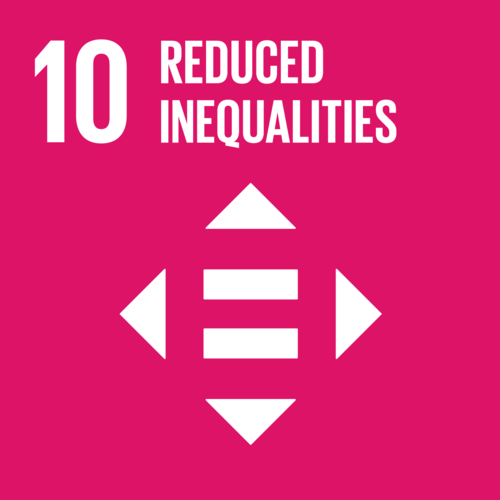
SDG 11
Sustainable Cities and Communities
Aims to make cities and human settlements inclusive, safe, resilient and sustainable.
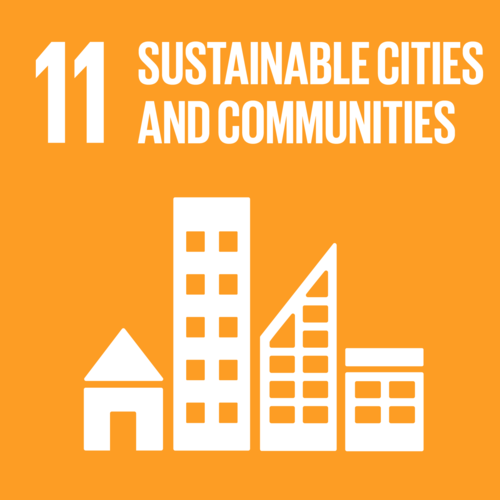
SDG 12
Responsible Consumption and Production
To ensure sustainable consumption and production patterns.
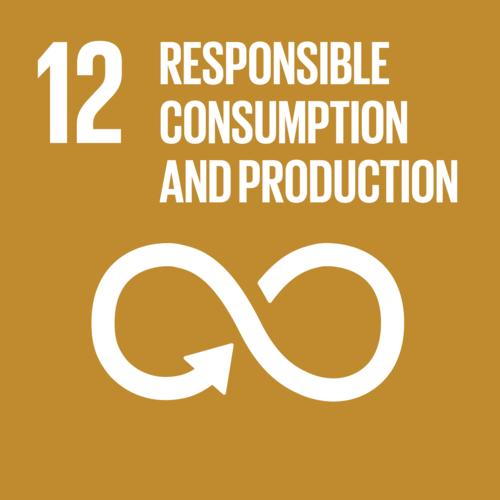
SDG 13
Climate Action
Aims to take urgent action to combat climate change and its impacts.
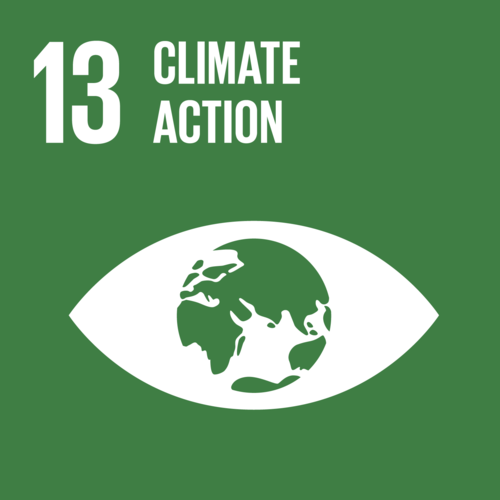
SDG 14
Life Below Water
Aims to conserve and sustainably use the oceans, seas and marine resources for sustainable development.
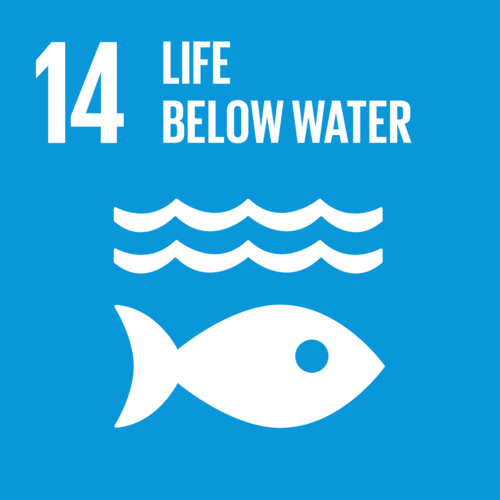
SDG 15
Life on Land
To protect, restore, and promote sustainable use of terrestrial ecosystems, sustainably manage forests, combat desertification, and halt and reverse land degradation and halt biodiversity loss.
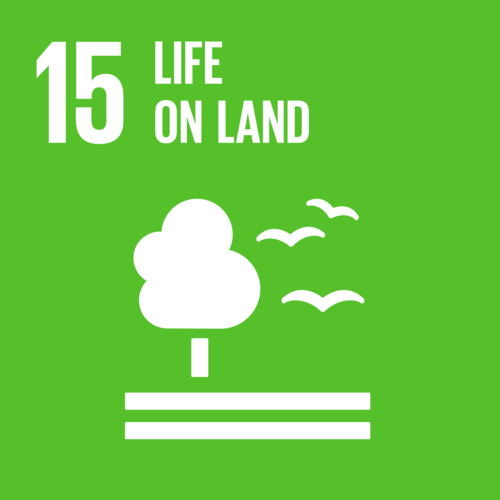
SDG 16
Peace, Justice and Strong Institutions
Aims to build peaceful and inclusive societies that respect human rights and reduce violence and strengthen laws. Aims to work with governments and communities to fund sustainable solutions to conflict
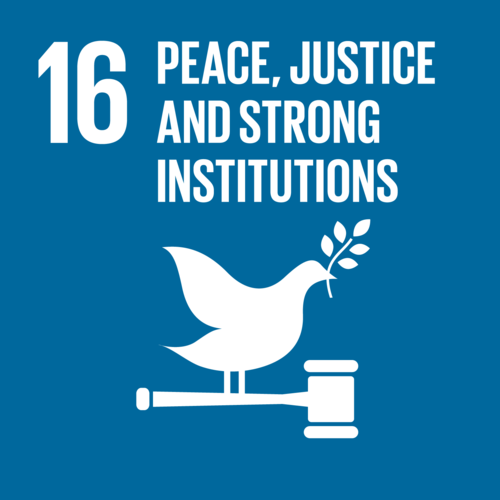
SDG 17
Partnerships for the Goals
Strengthen the means of implementation and revitalize the global partnership for sustainable development.
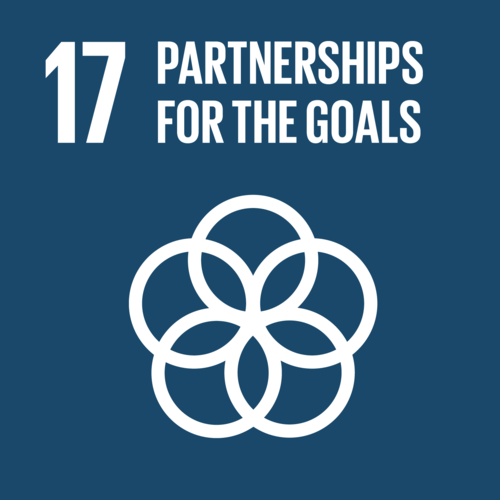
Some SDG successes. According to the SDG Report 2019, some achievements include:
For SDG 1
More than 1 billion people have lifted themselves out of over the past 25 years
According to the SDG Report 2019, some achievements include:
For SDG 6
The proportion of the global population using safely managed sanitation services increased from 28% in 2000 to 45% in 2017
According to the SDG Report 2019, some achievements include:
For SDG 7
Nearly 9 out of 10 people now have access to electricity
According to the SDG Report 2019, some achievements include:
For SDG 8
Real GDP per capita increased globally by 1.9 per cent in 2017